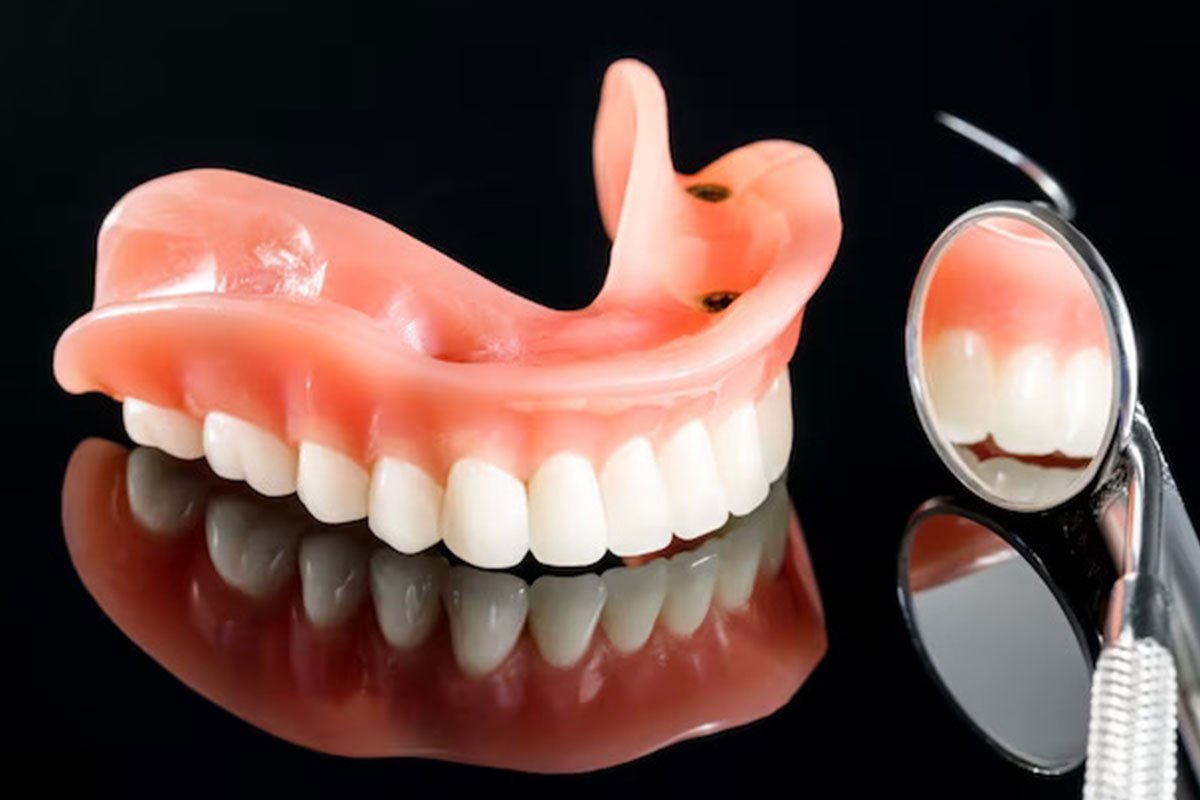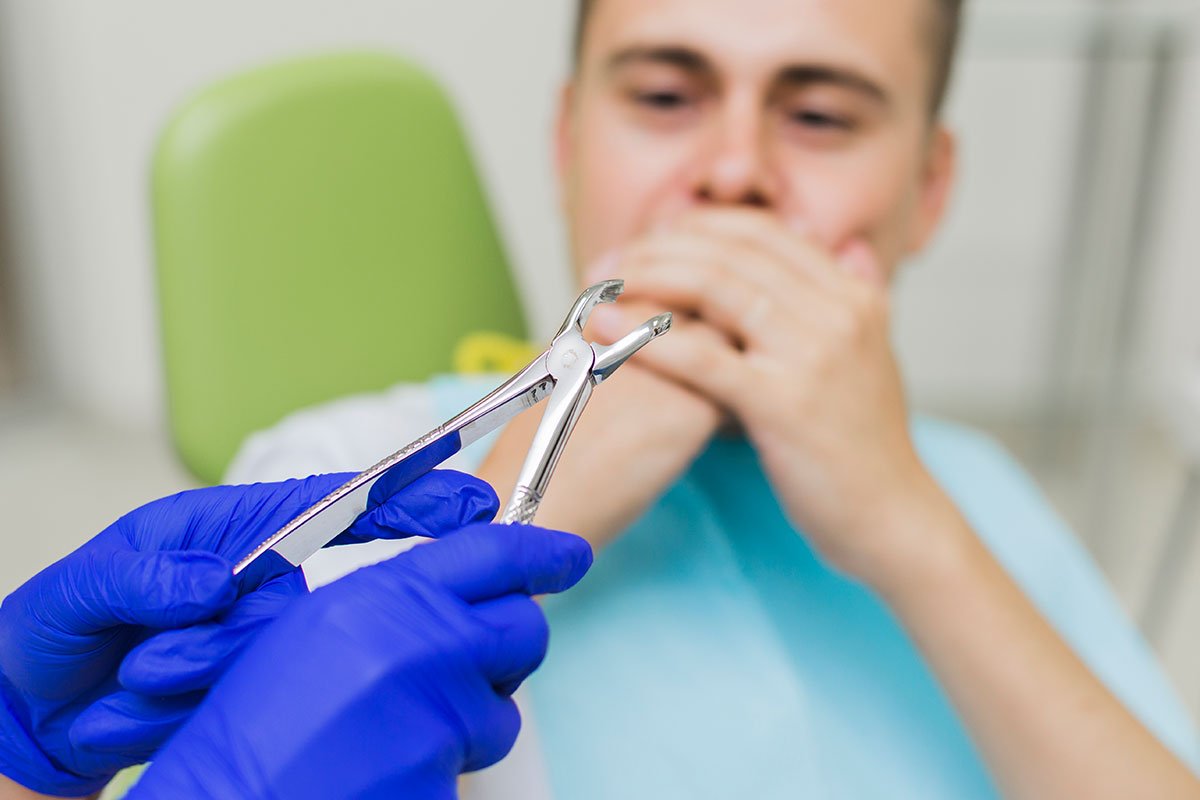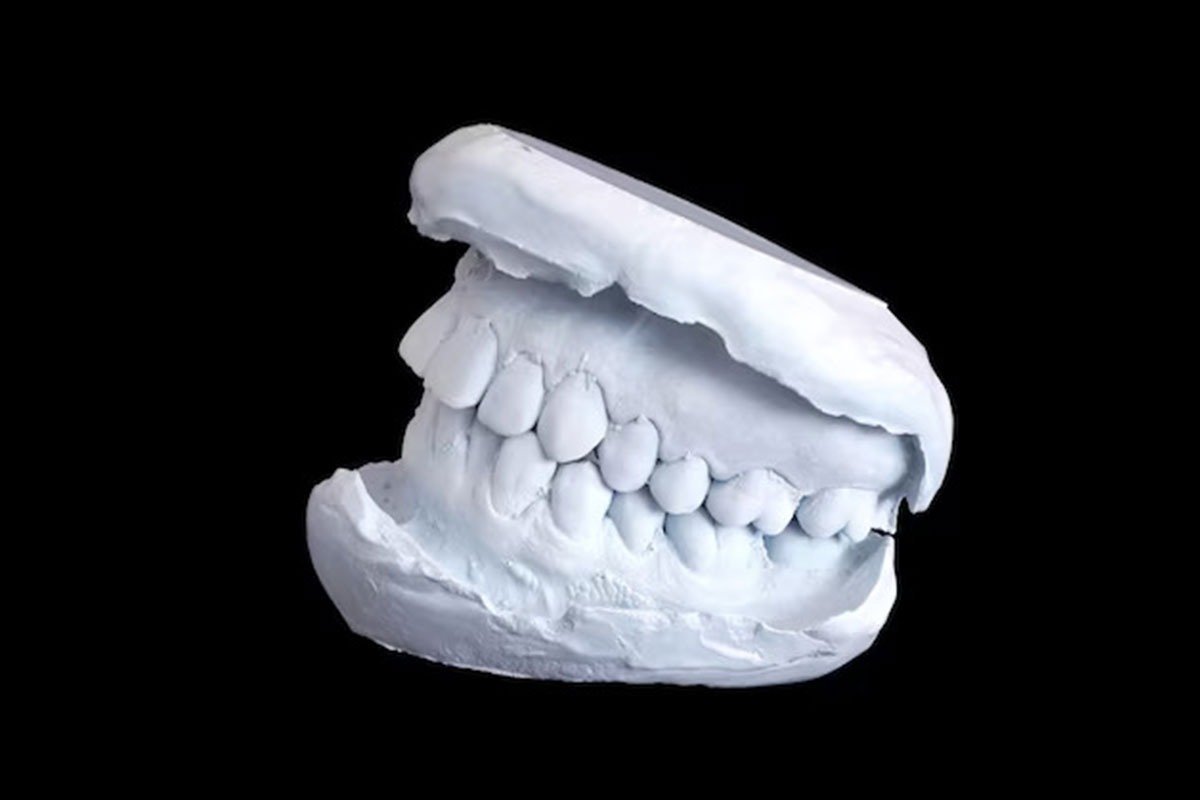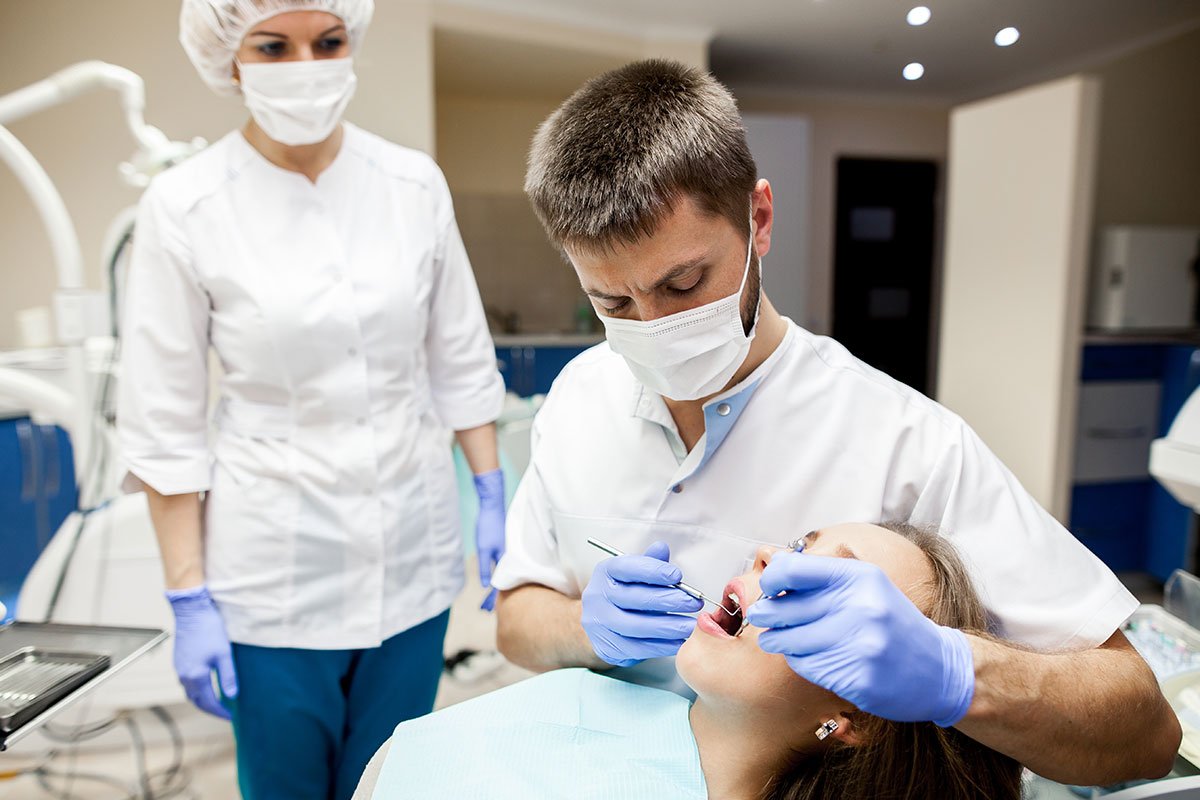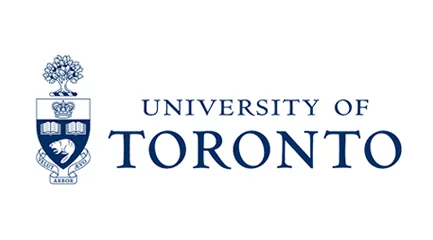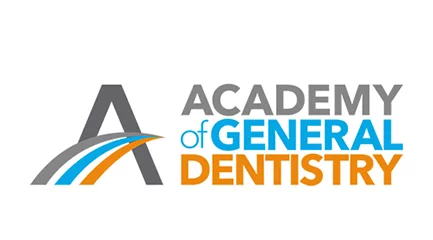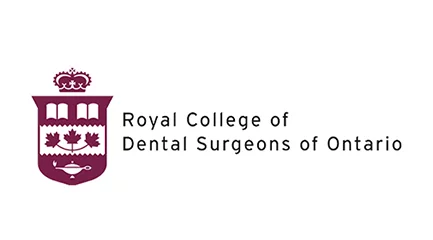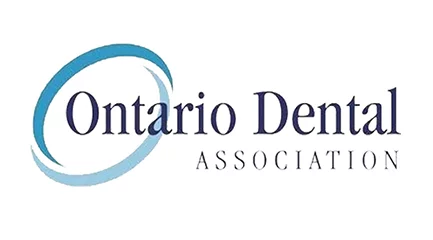Oral surgery refers to a medical procedure that deals with the diagnosis and treatment of problems related to your facial structures, teeth, gums, or jaw. It typically manages complex oral issues that cannot be corrected with the help of other dental procedures. Maxillofacial and oral surgeons, or periodontists, usually perform these procedures and fix severe orthodontic complications.
Individuals belonging to any age can acquire oral surgeries. However, traditional oral surgery is something that people usually dread or put off. But due to recent advancements and the utilization of modern technologies, these procedures have become quite smooth and comfortable. Oral surgeries offer a wide range of advantages.
Apart from repairing your oral health, they also provide cosmetic enhancements. Moreover, in some instances, this surgical intervention proves to be a savior and wards off threats to a person’s life.
BENEFITS OF ORAL SURGERIES:
After getting oral surgeries, people usually experience a dramatic enhancement in their facial appearance and speech. In addition to that, oral surgeries exert positive effects on many other aspects of your life. Here are the issues that oral surgeries can effectively correct:
1. REPAIR CHEWING PROBLEMS:
If you are suffering from an open bite and underbite or have a misaligned jaw, you’ll definitely find trouble while chewing or swallowing food. In such cases, you need oral surgery as these issues can only be resolved with the help of surgical intervention. They effectively correct the improperly positioned jaw and ease your daily life activities.
2. OFFER SLEEP APNEA TREATMENT:
A jaw that protrudes outward or recesses inward can cause respiratory issues that interfere with individuals’ sleeping patterns, resulting in sleep apnea. However, there’s no need to worry, as maxillofacial surgery can resolve all such problems.
3. FIX TMJ (TEMPOROMANDIBULAR JOINT) DISORDERS:
If you have a temporomandibular joint disorder that simpler dental procedures cannot fix, then surgery becomes the only option. Oral or maxillofacial surgeons can significantly repair or replace parts of the jaw that create TMJ issues.
There are usually three surgical options that can be used to treat temporomandibular joint disorder (TMD). They involve complete joint replacement, arthroscopy, and arthroplasty. TMJ surgeries are usually successful, with typical success rates between 70 to 90%.
TYPES OF ORAL SURGERIES:
Oral and maxillofacial surgeries typically repair issues with teeth, jaws, or other oral structures. The most common type of oral surgery that is performed all over the world is tooth extraction. However, maxillofacial surgeons also treat conditions like sleep apnea, jaw issues, or cleft palate. Following are some of the most common dental surgeries that can correct a variety of orofacial problems:
1. DENTAL BONE GRAFT:
A dental bone graft is an outpatient surgical approach that adds density and volume to the patient’s jaw. It becomes necessary when a person has lost most of the bone structure in the jaw. A significant loss in bone density can occur due to several reasons.
When we have healthy and natural teeth, their roots stimulate the nerves in the jaw, keeping it strong and healthy. But when we lose a tooth or a couple of teeth, there are no roots available to support the jaw. And as a result, bone deterioration occurs.
In such situations, a bone graft is the only option left to restore the integrity of your jawbone and repair its functionality. Patients usually get dental implants after a bone graft completely restores the volume and density in their jawbone.
2. TOOTH EXTRACTION:
Tooth extraction is the most prevalent oral surgical procedure. It is usually recommended for people who have severe tooth decay, wisdom tooth complications, periodontal disease, or dental trauma. Sometimes tooth removals are also performed to prepare patients for other dental alternatives, such as dentures or bridges.
However, orthodontists typically prefer to save the form and functionality of original teeth rather than extracting them. But sometimes extractions become essential to preserve a person’s overall oral health. In some instances, orthodontists also suggest wisdom tooth extraction as a preventative measure to minimize the risk of bone loss, decay, or other serious oral problems in the future.
3. CORRECTIVE JAW SURGERY:
Corrective jaw surgery, also characterized as orthognathic surgery, is designed to fix realignments in the jawbone structure. Oral or maxillofacial surgeons perform this procedure to improve chewing function and address other facial imbalances. Aside from that, corrective jaw surgery can also ease pain caused by temporomandibular joint dysfunction.
4. SLEEP APNEA SURGERY:
Obstructive sleep apnea is a disorder that usually occurs. When the soft tissues in the back of the throat relax and narrow the airway during sleep. This problem is sometimes successfully eliminated with conservative methods. They commonly involve processes like oral appliance therapy or a CPAP machine. However, when such procedures no longer remain effective, surgical intervention is required.
WHAT ARE THE RISKS?
Oral surgeries are generally very safe, but like other dental procedures, they also have some potential risks. Yet, they are quite rare to occur. Still, before going for any surgical procedure, you should be aware of the possible side effects or risks.
The potential complications of oral surgery can include:
- A serious reaction to the anesthesia
- Excessive bleeding
- Infection
- Injuries in the nerves of the affected area
- Fractures
- Problems with bite or alignments
- Temporomandibular joint pain
HOW MUCH DOES ORAL SURGERY COST?
The cost of oral surgeries can vary depending on a number of factors. These include things like the procedure you require, the professional experience of your surgeon, and the area where you live.
On average, tooth extractions can cost you about $100 to $250 per tooth. And bone graft surgery expenses usually revolve around $300 to $800 for a single tooth. But for more complex procedures like corrective jaw surgery, you may need to pay anywhere between $20,000 to $40,000.
Always ensure to check with your insurance provider to see what’s covered before you prepare for any oral surgical procedure. Many insurance companies cover all or a particular portion of oral surgeries, especially if they have an extreme medical necessity.

